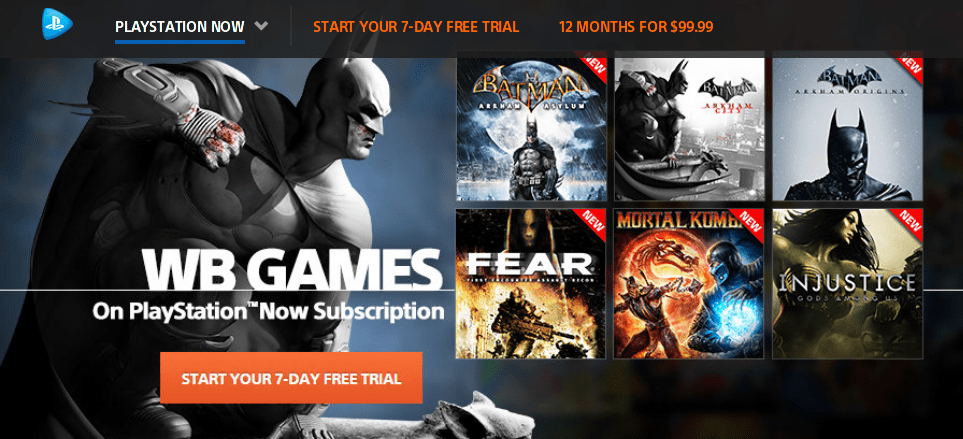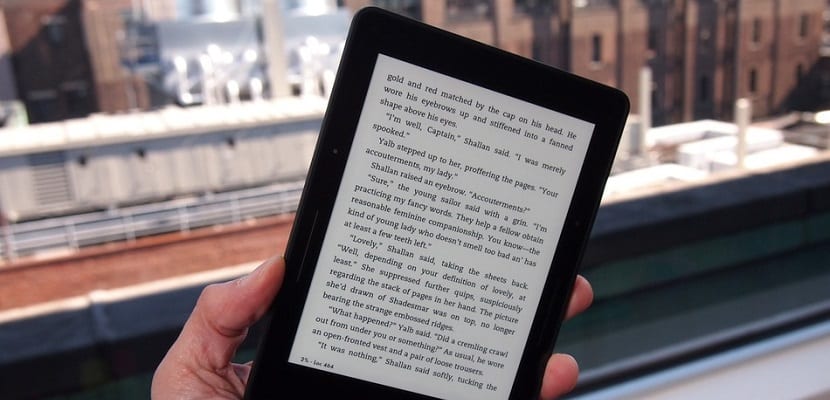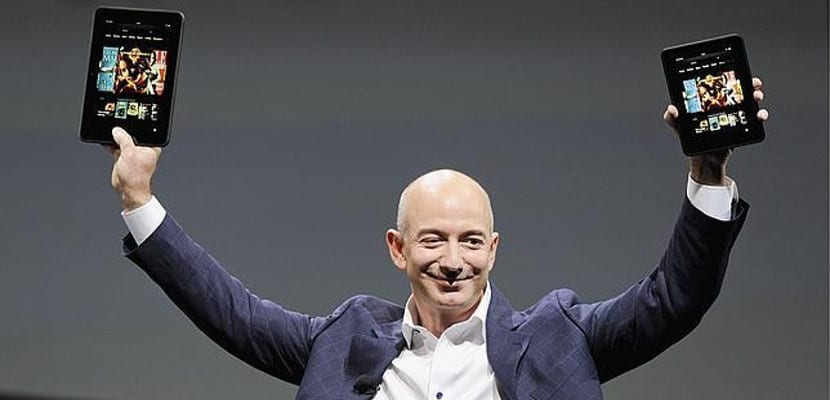
The eternal doubt. Some say they don't buy digital content because "you're not really buying anything," and sometimes these kinds of lightly assertions are partly true. It goes far beyond the merely physical, the merely sensory. Often times when we buy digital content, we are agreeing to terms of use that really make it more of a lifetime rental than a purchase. And it is that, we return to the eternal discussion, it is not the same to have possession, than property. When you buy a physical book, you have the freedom to lend it, reread it and even photocopy it as many times as you want. However, this is not so easy when what we buy is a digital product. Let's talk a bit from the legal point of view about digital purchases What do we buy when we buy digital content?
This doubt recently arose between two North American law professors, and our colleagues from Microsiervos they echoed. As a jurist, it attracts my attention intensely, and from the most humble point of view, we are going to discern a little about what we are getting when we buy digital content. We are going to specify a phrase by Jeff Bezos, owner of Amazon, which in Microsiervos They have pointed out and that will make us understand the hypocrisy of this business:
When someone buys a book, they are also buying the right to resell it, lend it, or even give it away if they want to. Everybody understands this.
This is how the billionaire owner of Amazon defended the fact that Amazon resold used books. However, why doesn't this theory apply to digital books even though the content is supposedly the same? When we buy a digital book through Amazon, we accept privacy and use terms that are very different from the reality of buying a physical book.
So what rights do I have over this digital product?

So that we understand each other quickly, and not waste your time ungratefully, you are really only buying the right to use it. The opacity always predominates in this type of terms of use, but after much reading, we are going to stop at what Amazon considers, use of Amazon software,
- Use of Amazon Software. You may use the Amazon Software solely and exclusively to use and enjoy the Amazon Services provided by Amazon, as permitted by the Conditions of Use, these Conditions of Use of Software and the General Conditions of the Services. You may not separate any of the individual components of the Amazon Software for use in your own programs or compile any portion thereof together with your programs, or transfer it for use in conjunction with another service, nor may you sell, rent, lease, loan, distribute or sublicense or otherwise assign any rights to the Amazon Software, in whole or in part. You may not use the Amazon Software for illegal use. We may terminate the provision of the Amazon Software and deny you the right to use the Amazon Software at any time. In the event of a breach of these Software Terms of Use, the Amazon Terms of Use and other General Conditions of Services, your rights to use the Amazon Software will cease without prior notice. (...)
In short, you are paying for the right to use that digital content purchased on Amazon (we use Amazon as an example because it is one of the most popular, not for any other reason in question, most digital content stores apply the same dogma) .
I have bought a digital book, what can I do with it

We return to the same thing, here Amazon repeats the same content with different words, you are paying for the right to read it, you are not paying for the right of ownership, or to transmit it, you are not even free to destroy it, you can only read it. In fact, we can only see that content, as many times as we want, but they warn that no property title is transferred:
Use of Kindle Content: The Content Provider grants in favor of the user, on the occasion of the download of the Kindle Content and the payment by the same of any amounts that may come (including that of any taxes that will be levied on said amounts), the non-exclusive right to view, use and display such Kindle Content any number of times, solely through a Reading Application or in any other authorized manner as part of the Service, and solely and exclusively on any number of Compatible Devices indicated in the Kindle Store, in each case for the user's personal and non-commercial use. Unless otherwise indicated, the Kindle Content will be used by the user under the license granted by the Content Provider, without at any time the transfer of any title of ownership of said content in favor of the user (...)
Limitations. Unless expressly indicated otherwise, the user may not sell, rent, distribute, broadcast, sublicense, or in any other way assign any rights to the Kindle Content nor on any part of it in each case in favor of any third party, without being able to modify or eliminate any mention (...)
In short, what have I bought?

When you buy digital content, except on rare occasions, you are only buying the right to use it, to enjoy it. But it is very clear that even if we let our partner read that book that we liked so much through our Kindle, we will be in breach of the provider's "Terms of Use", so it could be taken from us.
The same happens when we buy games in the PlayStation Store, we are acquiring the right to play the game, since we download it on our console, but at no time can we make a copy to use it on another console, without violating the "Terms of use" Clear.